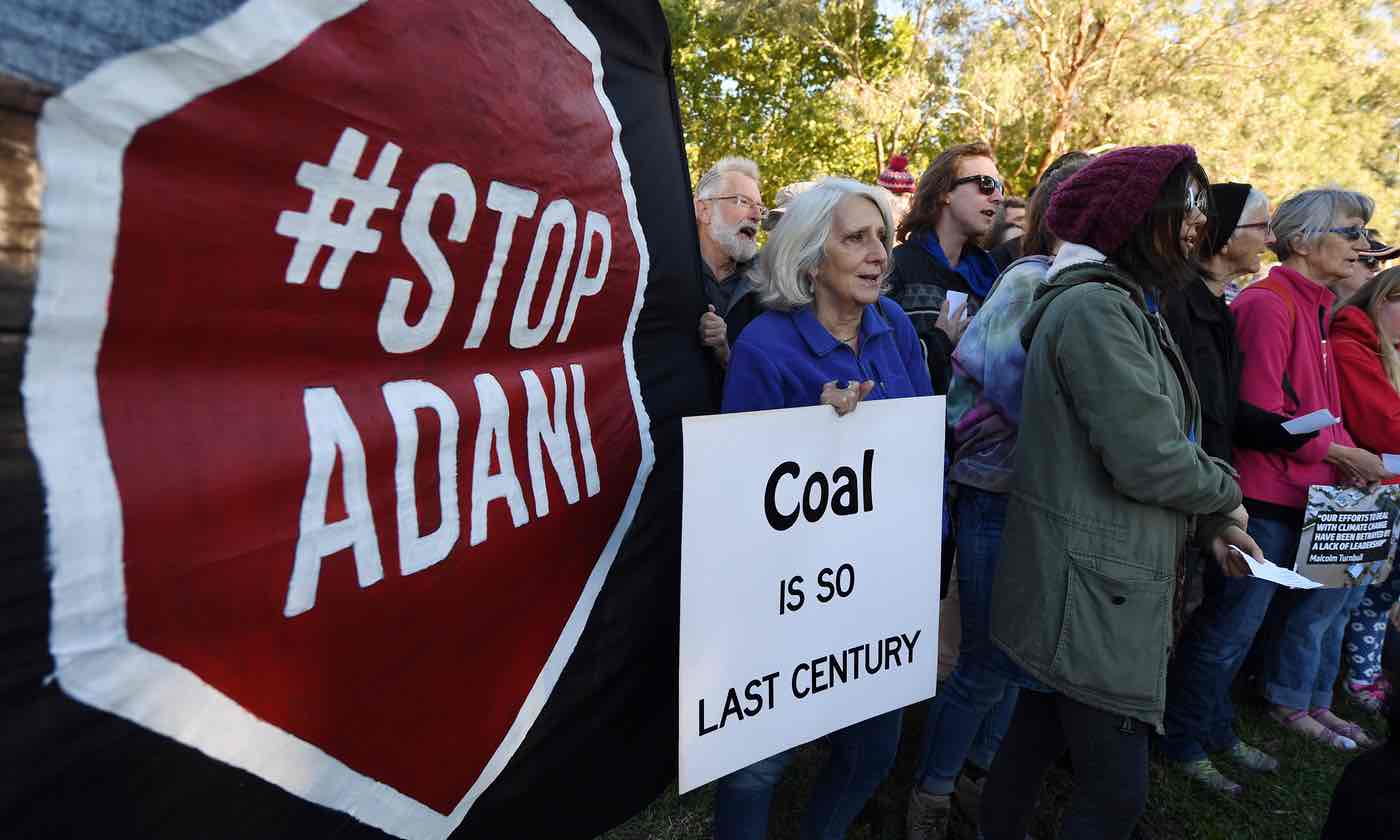Coal for Yesterday
May 2, 2017 | Expert Insights

What is the Adani Carmichael Project?
Indian MNC Adani Group is on the verge of securing ownership and mining rights of the Carmichael thermal coal mines in Queensland, Australia. A permanent railway line will be constructed to connect the North Galilee Basin to Port Abbot, from where the coal will be transported to supply power to an estimated 100 million Indians. Company Chairman Gautam Adani has forecasted construction work to begin in 2017 and exports to move by 2020. Depending on the mine’s lifeline, there is an expected turnover of $16.5 billion. An estimated 10,000 jobs will be created. Royalties from mining would be used to develop the Northern Australian area from schools to agriculture. Prime Minister Michael Turnbull and other Australian ministers have advocated the venture in spite of heavy criticism.
Why has it been opposed?
The Carmichael project would endanger a greater area of the Great Barrier Reef as it begins a mere 15 kilometers from Port Abbot. It would also adversely affect the species inhabiting the 1 million-year-old Doongmabulla Spring located in the vicinity. The Adani company’s record in previous environmental cases are disconcerting.
These mines are on legally disputed territory. The Wangan and Jagalingou (W&J) groups claim the land rightfully belongs to them under ‘Native Title Laws’ (NLS) and question the alleged benefits received by 7 members who signed an agreement with the Adani group. NLS requires all 12 representatives of W&J to sign any agreement for or against indigenous land use for it to be considered valid. The four major banks of Australia (NAB, ANZ Banking Group, Standard Chartered Ltd. and Westpac) have denied loans to the MNC on grounds of climate responsibility.
How does it affect the two countries socio-economically?
India and Australia, the major beneficiaries of the project, might receive minimal positive results from the project. A local court has ruled against initial reports of employment and growth. Actual benefits seem to be only a fraction of the original claims. India’s Central Electricity Authority (CEA) has drafted a plan to reduce dependency on coal, preparing for zero new thermal power generation before 2027. The use of coal has rapidly reduced as nuclear and hydroelectric power plants have increased. This shift between resources denounces claims of coal being the future. Thus, any move towards a dependency on coal for smaller communities seems to be a regressive rather than progressive move. Government granted access to 9.5 billion litres of water is to be compensated by Adani. As water utilities for agricultural purposes cannot be balanced with monetary compensation, persistent drought conditions will affect the economy of Queensland.
Assessment:
The Carmichael project has been supported by both heads of state while the people themselves have vehemently fought against this through activism and judicial proceedings. Native Title Laws faces possible amendments to remove “deceased” and “recalcitrant” members, a move advantageous to Adani.
Crucial to India is the Uranium trade between Australia and India expected to begin in 2017. If the coal project is stalled any longer or loses Indian support in any way, the export of Uranium to India would be adversely affected. However, India has encouraged Adani’s expansion alongside their philanthropy and aid to India. The need for nuclear power in India is growing and a steady economic trade with Australia could provide the necessary resources to begin a switch away from the crux of the deal which is coal.








Comments